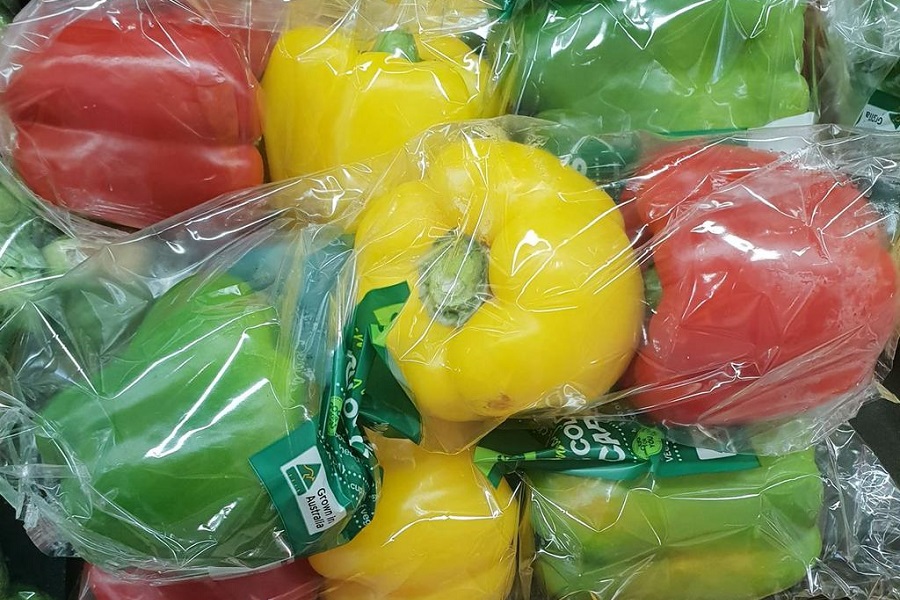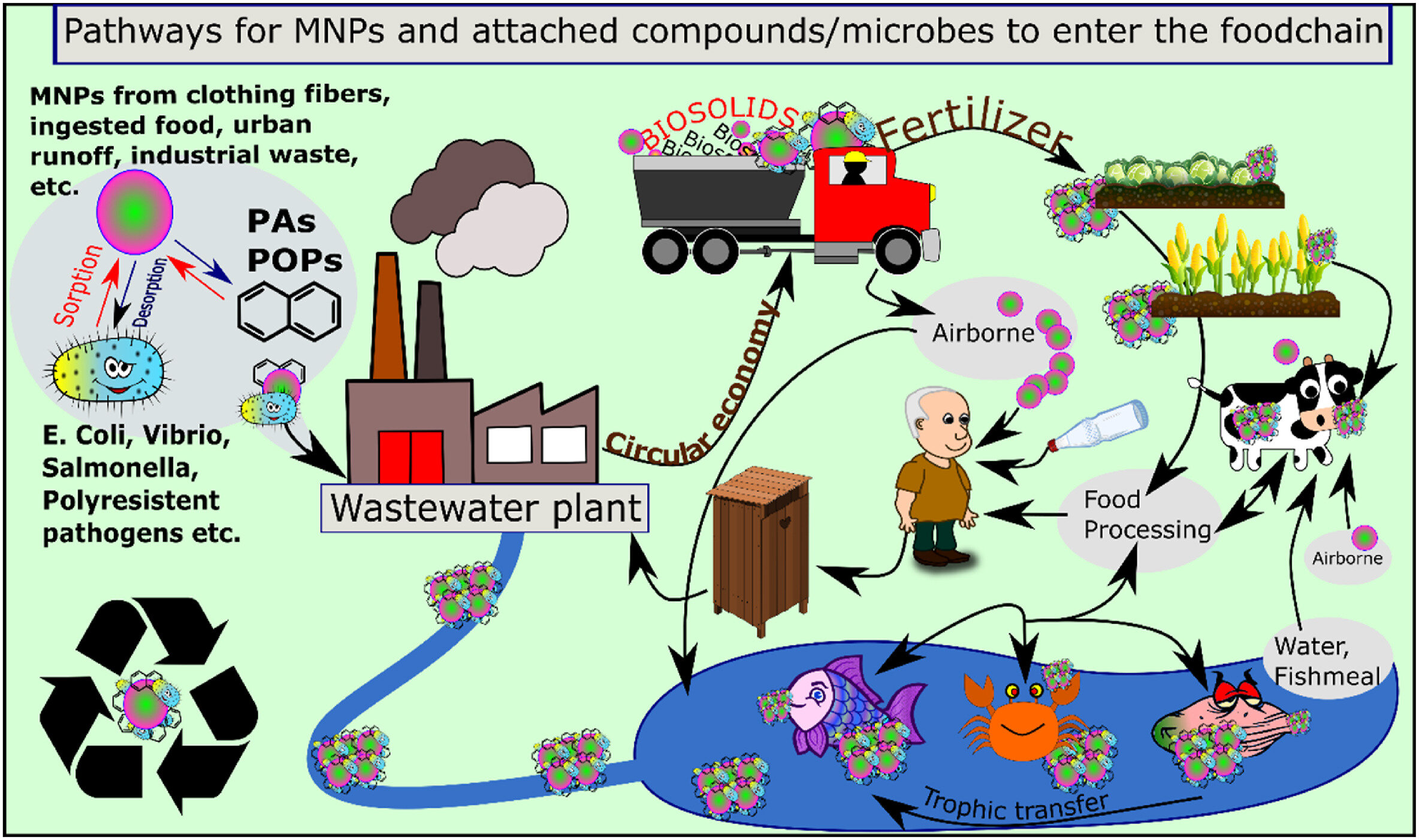11 Dec 2024

Tired Earth
By The Editorial Board

Micro and nanoplastics are pervasive in our food supply and may be affecting food safety and security on a global scale, a new study led by CSIRO, Australia's national science agency, has found.
The study is one of the first to analyze the academic literature on microplastics from a food safety and food security risk viewpoint, building on past studies which primarily tracked plastics in fish.
It shows that plastics and their additives are present at a range of concentrations not only in fish but in many products including meat, chicken, rice, water, take-away food and drink, and even fresh produce.
CSIRO analytical chemist, food safety specialist and lead author of the paper, Dr. Jordi Nelis, said these plastics enter the human food chain through numerous pathways, such as ingestion as shown in the fish studies, but one of the main ways is through food processing and packaging. The research is published in the journal TrAC Trends in Analytical Chemistry.
"Fresh food for example can be plastic free when it's picked or caught but contain plastics by the time it's been handled, packaged and makes its way to us," Dr. Nelis said.
"Machinery, cutting boards, plastic wrapping can all deposit micro and nanoplastics onto our food that we then consume. This study highlights the need to understand what plastic could end up in food to manage food safety and security," he said.
Another important pathway for these contaminants to enter our agriculture system is through biosolids sourced from wastewater treatment.
Biosolids are a rich fertilizer for agricultural land, but they can contain plastic particles from many sources, such as from the washing of synthetic clothing.
These particles could build up in the soil and change the soil structure over time, which may affect crop production, food security and ecosystem resilience. For example, plastic materials can "trick" the good bacteria in the soil into thinking they are the roots of plants, meaning the plants end up with less of the nutrients they need.
The study also discussed how additives in plastics that help make plastic work in our modern world can leach into our environment, potentially contaminating our food supply. Additives that make plastic flexible or resistant to UV radiation, for example, can include flame retardants, heavy metals, phthalates, hardeners or other chemical compounds.
There are currently no definitive studies that demonstrate micro and nanoplastics in the environment cause harm to humans, however more research is needed to fully understand health effects.
More research is also needed to better understand the effects of plastics and their additives on food safety and security as well as to develop better analytical techniques to monitor, assess and establish safe levels in food, drinking water and agroecosystems.
"The key missing information is determining safe levels of microplastics. We currently don't know exactly what the microplastic flux through the food system is or which levels can be considered safe," Dr. Nelis said.
He said there are things that consumers can do to help reduce micro and nanoplastics from cycling through the environment.
"On average Australians discard 100 kg of plastic waste each year, so use fewer plastics especially in the kitchen and wash your clothes a little less often, on shorter cycles," Dr. Nelis said.
CSIRO is on a mission to end plastic waste, with a goal of an 80% reduction in plastic waste entering the Australian environment by 2030.

Source : phys.org
Comment